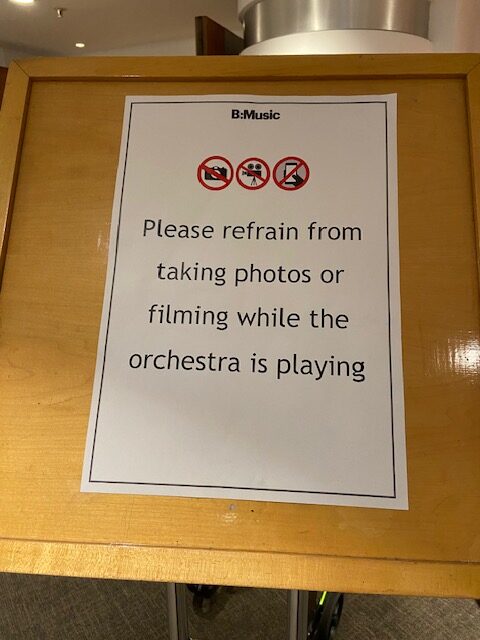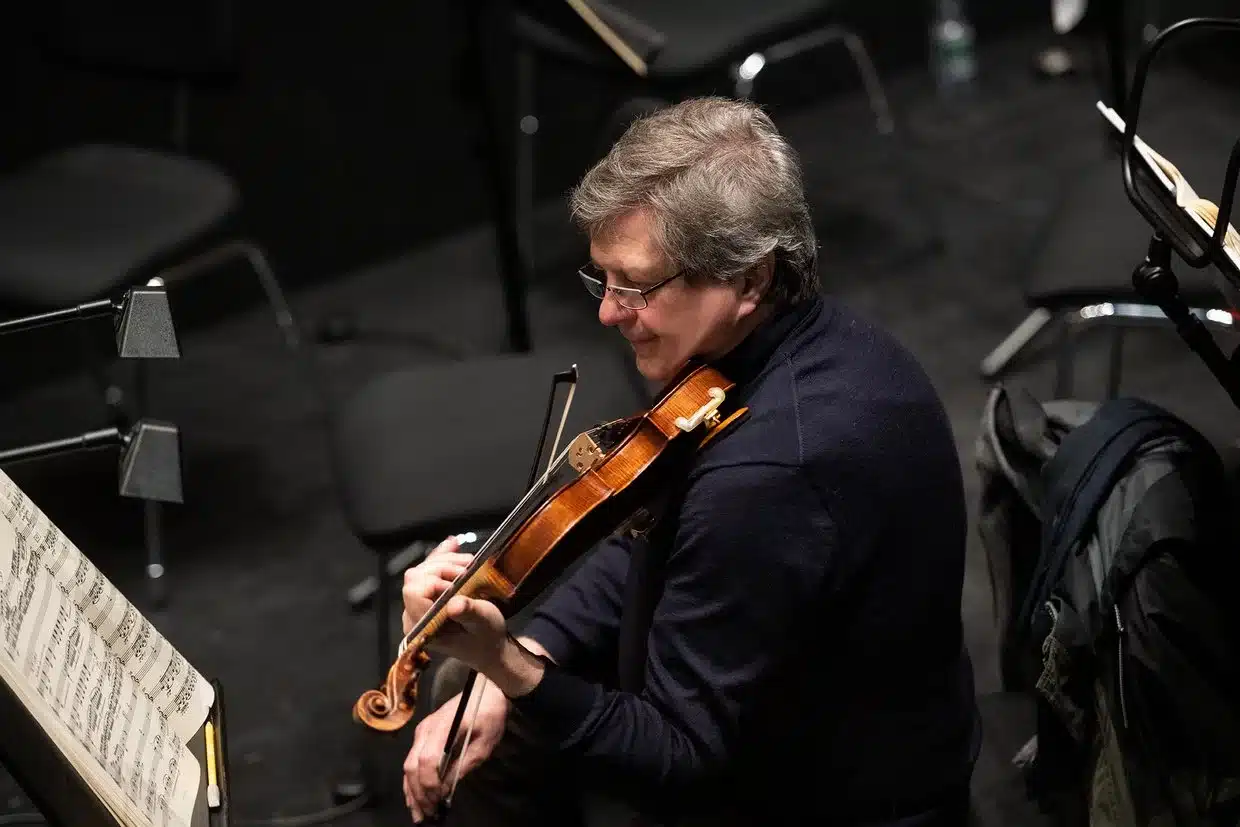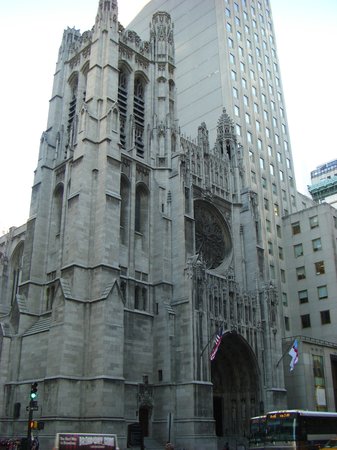Italy’s opera houses are 300 million Euros in debt
mainA thoroughly researched piece by Elisabeth Braw on the irresoluble Italian opera crisis yields this incomprehensble statistic.
How did anyone in authority allow them to run up such a huge deficit? And how will it ever be paid off?
Read the excellent article here.
It contains, inter alia, a snarky remark by Peter Gelb to the effect that since Italy won’t take Met broadcasts the country must have lost its love for opera….







For years the Italian government would indicate to each theatre the amount of subsidy they would receive. On this basis the theatres would borrow from the banks to pay their bills. By late payments the banks would eat up the price of whole productions in interest. The subscriptions would only go on sale at the beginning of the season (unlike other countries where the subscriptions are sold in the Spring of each year giving the theatres a chance to earn interest over the summer months and to have upfront money to work with at the beginning of the season). I think the managers deserve credit for keeping the theatres open this long and I’m glad somebody is finally paying attention. For the last few years, the staff has been reduced. Artistic Directors are now ‘consultants’ and work at home. I believe in the Italian survival spirit. They will find a way. Ann
This article is very well written and realistic. Just a couple of things: Catania Opera House is not in the list of so called Enti Lirici and has always received much more money from the local Sicily regional government. I really hope our opera houses will really close but there is only one way to avoid this: stopping to appoint Opera House Directors and Artistic Directors mainly on political basis and not on real knowledge and ability. Some of them are not able to distinguish Rossini by Puccini or a barytone by a bass but they have good friends in political parties..
Sad but true analysis. But Gelb is rather misinformed about opera broadcasts: there used to be (http://www.nexodigital.it/1/id_198/The-Metropolitan-Opera-HD.asp for the 11-12 season), and a lot is planned from Covent Garden this year (http://www.thespacecinema.it/portal/default/the-space-extra).
Talking about broadcasts, there has never been so much opera on Italian TV, thanks to new digital channels (rai5). A drop in the ocean but positive news in a country where classical music vanishes from student curricula as soon as you go to high school.
Could it be e.g. the Teatro Massimo Bellini in Catania is suffering because of rampant political mismanagement outside its doors ?
Each one of the 54 members of the Regional Assembly in Sicily receives a monthly salary of €10,000 to €15,000, though the Assembly rarely convenes.
The Sicilian Forestry Department alone employs about 24,000 workers.
They have been supposedly hired with contracts which makes it virtually impossible to fire them.
Outside Sicily : Italian MPs have the highest salaries in Europe. http://digitaljournal.com/article/317764
If the rest of the Comedia is run like this then I am surprised the deficit is only 300 million.
“Now the banks’ supply of money has stopped.”
Unless the particular bank is Monte dei Paschi. A quick look at the shenanigans there will suffice to explain why the “supply of money has stopped”. A more accurate way to describe the situation would be to say that the banks, having had their losses and fraud-riddled balance sheets cross subsidised by the European taxpayer, have stopped lending to the European taxpayer.
“How did anyone in authority allow them to run up such a huge deficit?”
Simple: because those in authority were themselves running up huge deficits, and hiring banks like Goldman Sachs to disguise their shortfalls.
And that, ladies and gentlemen, is how the pagliacci end up in the Italian parliament.
I did a mistake, I hope our Opera House will NOT close, sorry. Besides this Michael is right, in Italy Opera House Director have been paid much more than elsewhere, like Lissner in La Scala
Italy like most countries is run by crooks,sorry MP’s
How ironic to see a weasel-worded article in Newsweek criticizing the status of opera in Italy when the situation is incomparably worse in the USA. We only have 3 cities in the top 100 for opera performances per year. Chicago has the 4th largest metro GDP in the world, but limps in at 97th . Los Angeles as the 3rd largest metro GDP in the world, but staggers in a 180th. Oil rich Dallas is 257th, mighty Atlanta is 355th , and on and on through American cities. It is a national disgrace.
The opera house of Kennedy Center was built over 40 years ago, but Washington still ranks only 185th in the world for opera performances per year. The so-called National Opera went belly up a couple years ago and was taken over by Kennedy Center. The company is better called our National Joke.
Italy has 14 state owned and operated opera houses so houses are close to everyone, they are well attended, the tickets affordable, and the quality is very good.
The average annual budget of major houses is about150 million. If one divides the 300 million debt accumulated over 20 years in Italy by 14 houses, the yearly debt is a tiny fraction of annual operating expenses. This is obscured by the weasel-wording of this propagandistic Newsweek article.
The clincher comes at the end when the dysfunctional American system of private funding is promoted. This is the sort of neo-liberal economic propaganda regularly promoted by Newsweek.
Why has there never been an article in a mainstream American publication about the lack of opera in the USA — and yet this poke at Italy’s vastly better organized and funded opera world? Do we even need to ask? .
Italy doesn’t have a baseball stadium for every large city. Why should America have an opera house for every large city?
Just because we might all here agree that opera is ‘A Good Thing’ doesn’t mean we can force the population of the US to agree with us.
And, er, it’s Noseda, the Italian conductor, who talks about funding at the end, and the need – which is clear and apparent, since it’s not like the Italian state has any money – to raise more privately; not really an inherent bias of the author or Newsweek’s “neo-liberal economic” leanings, I suggest.
America should have a decent number of opera houses with significant seasons because opera is a cornerstone of Western civilization. It is not a matter of forcing opera on people, but of giving them educations that allow them to appreciate and desire the fine arts.
Noseda’s comments are meaningless without documented numbers. It’s true that Europe is facing a financial crisis. It was created by America. If Italy turned to a private funding system like America, or even relied on it for half of its funding, it would have the same catastrophic effects it has had in the States.
Please have the courage and integrity to use a real name in any further discussion.
William, I don’t find Noseda’s comments lack merit without numbers. True, with numbers it would form a stronger argument; but as simply the opinion of a conductor with a strong international reputation, it remains valid (and does not reflect a Newsweek editorial standpoint as you claim). I also doubt your assertion that a private funding system has had a “catastrophic” effect in the States. Sure, there’s less money for what -you- want it to be spent on, but I don’t see that as the worst thing that’s ever happened.
I don’t find, incidentally, opera itself to be a “cornerstone of Western civilisation”. Opera is an important part of musical heritage, and music as a whole could be considered an important part of Western civilisation. But I honestly can’t see that if opera disappeared tomorrow Western society would fall apart (most people never even listen to opera let alone go to it. A majority would be hard pushed to name composers or performers of operatic merit); and as such ‘cornerstone’ is overstating it a bit.
And if your goal is to provide people with access to opera, aren’t the MET’s broadcasts a better way of doing that rather than building opera houses? Building houses and running them is enormously expensive, and in the USA in particular could reach a fraction of the population given how vast the country is. Providing live relays is far more cost-effective, and reaches far more people.
Artists are notorious for biased claims. Without verifiable statistics, Noseda’s arguments regarding the funding opera in Italy are unreliable to the point of being essentially useless. That the USA only has 3 cities in the top 100 illustrates the catastrophic effects the American system of arts funding has had – unless, of course, one considers opera unimportant which is a different subject. We see similar results in the American orchestral crisis.
All Western art could be eliminated and our society would still not “fall apart,” but I do not take that as a measure of art’s value.
Opera is one of the most visceral of all art forms. There is nothing quite like sitting reasonably close to all that vibrating flesh. This is something video will never convey.
Culture is by its very nature local. When it becomes one more canned, mass media product like the Met broadcasts, a process of alienation is established that will further damage the art form. Video has many values, but there is an inherent chasm between it and the performing arts. This is a complex topic I can’t address here, but it is readily apparent to many in European countries where opera houses are common, affordable, and nearby.
I probably won’t continue this discussion. Your tone is reasonable and polite, but there is something inherently empty in talking to a person who won’t use their real name. Ironically, it’s sort of like going to videos of opera rather than opera itself. It becomes something nameless and generic. There is a lack of commitment and integrity, like hearing bel canto out of speakers instead of mouths.
Thank you Mr. Osborne. Ann
@William Osborne – It’s a shame you don’t want to continue your exchange with Anon as it was rather interesting. The presence of a ‘real’ name doesn’t automatically make a post worthy, just as using an alias surely shouldn’t invalidate the writer’s ideas. Many people would rather not bare all on the internet; that doesn’t mean their ideas should be dismissed out of hand.